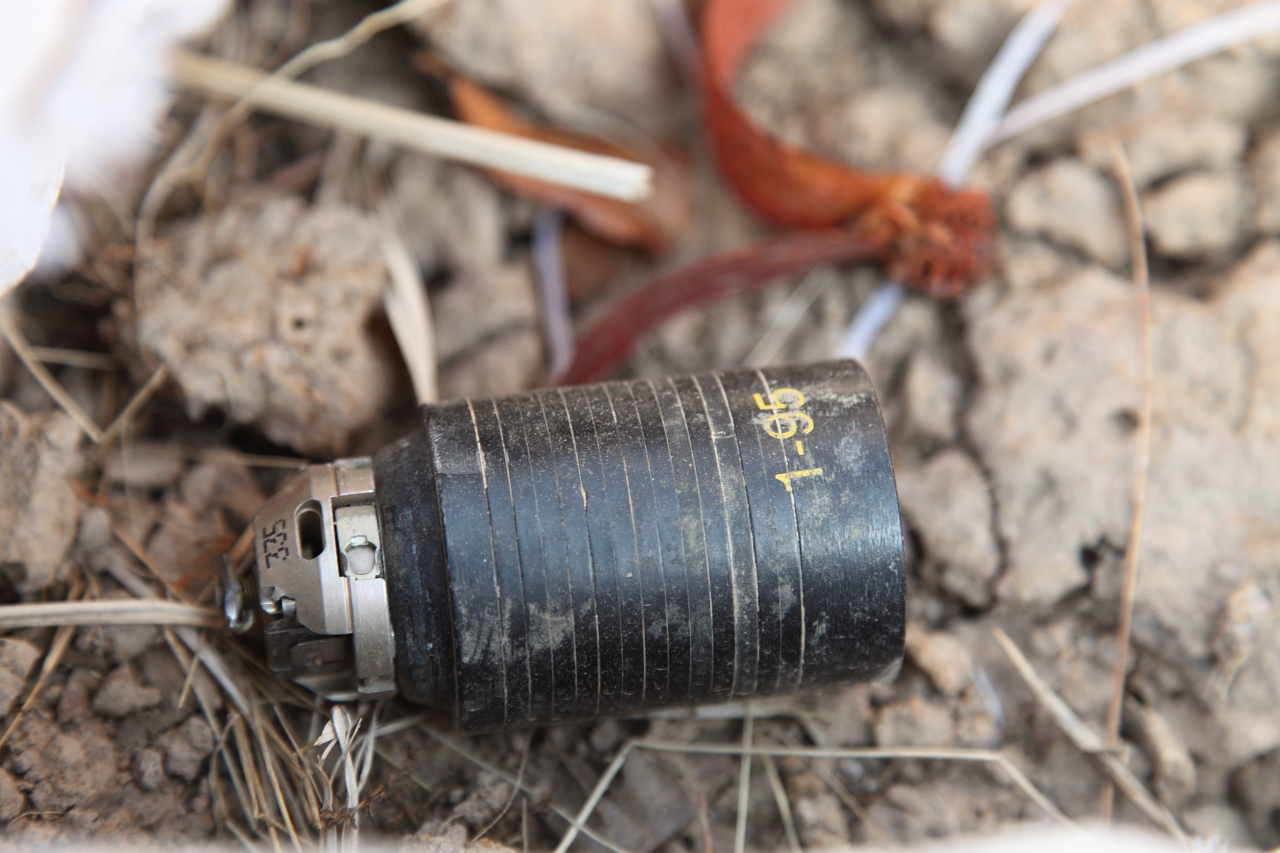by Leah Schulz
Last month the United States approved a $1.29 billion arms deal to Saudi Arabia. This deal is the latest in a string of major arms sales agreements totaling $20.8 billion since the Gulf country began fighting in Yemen against the Houthi rebels in March 2015. In addition, from 2009-14 the United States delivered over $13 billion worth of arms to Saudi Arabia, making it the largest recipient of U.S. arms in the world. Human rights groups have denounced the most recent sale, citing the recklessness of the Saudi-led air attacks that have left thousands of civilians dead. This raises the question: Are these arms deals strengthening or hurting U.S. goals in the region?
The recent sale of 22,000 bombs and other munitions includes 6,000 laser-guided bombs and over 5,000 “kits” that can transform older bombs into guided bombs. In justifying the munitions deal, the Pentagon claims that the United States is “increasing the security of an important partner that continues to be a significant force for political stability.”
However, the Saudi-led war in Yemen has only created more instability in the region. In the nine-month span since the campaign began, Al-Qaeda in the Arabian Peninsula (AQAP) has regrouped and expanded, the Islamic State (ISIS or IS) has gained a foothold, a humanitarian crisis has reached catastrophic levels, and thousands of civilians have been killed.
Many of the U.S.-supplied bombs in this deal are intended to strike designated targets with greater precision, but the benefit of these “smart bombs” is belied by the fact that the Saudi-led coalition has struck civilian infrastructure, including factories, schools, a refugee camp, and even weddings. Oxfam International’s Tariq Riebl lamented, referring to Saudi strikes on hospitals and other civilian targets, “What happened in Kunduz [referring to the bombing of a Medicin Sans Frontieres hospital in Afghanistan by U.S. airstrikes] is happening multiple times a day in Yemen.” The Yemen bombings are simply not getting the same media attention.
Although not included in the recent munitions deal, U.S.-supplied cluster bombs have also been used in Yemen. The United States approved more than 3,000 CBU-105 cluster bombs for sale to Saudi Arabia in 2010, 2011, and 2013. Amnesty International researchers have found remains of this particular cluster bomb model on the ground in Yemen at the locations of coalition airstrikes. Cluster bombs dropped by the Saudi-led coalition continue to harm civilians like 13-year-old Mohammed Hamood al-Wabash, who was injured in late May when he stepped on an unexploded munition in the town of Nushoor. The use of cluster bombs has been condemned worldwide for the high percentage that fail to explode on impact and for their indiscriminate explosions. One hundred and eighteen states have signed a ban on the use of cluster bombs. The United States and Saudi Arabia have not.
Sales of munitions are not the only way in which the United States is enabling or endorsing Saudi Arabia’s Yemen campaign. The United States recently agreed to sell warships to the country whose current naval blockade has left over 80 percent of Yemen’s population in desperate need of humanitarian assistance. Less than a month before the $1.29 billion munitions sale, the State Department approved an $11.25 billion sale for four U.S.-made warships. “This sale demonstrates the enduring U.S. commitment to building robust diplomatic and security partnerships essential to promoting peace and stability in the Gulf region,” said one U.S. official. Rather than forging partnerships for peace, however, the U.S. has committed itself to strengthening a navy that is currently preventing aid from entering a country that relies on imports for 90 percent of its food, fuel, and medicine. In touting its arms sale to Saudi Arabia, the United States sends the message that Washington will tolerate tactics like Saudi Arabia’s naval blockade of Yemen.
The logistical support provided by the U.S. military already implicates the United States in the mounting civilian causalities and human rights violations. But the full impact of the Saudi-led campaign extends beyond the 2,300 civilians dead or the 2.3 million internally displaced as of October. Instead of promoting stability, the campaign exacerbates the conflict. Just in the past few weeks, IS showed its growing strength in Yemen by claiming responsibility for car bombings in Aden, including an attack that killed the city’s provincial governor. Meanwhile AQAP captured more territory, including the towns of Zinjibar and Jaar in southern Yemen. Even if the ongoing and fragile peace talks in Switzerland lead to an agreement, Saudi Arabia’s nine-month bombing campaign has made restoring stability to Yemen far more difficult.
The United States has touted its recent arms sales to Saudi Arabia as necessary to maintain regional stability. However, Saudi Arabia’s policy in Yemen has proven to be just the opposite: reckless and destabilizing. Brookings Institution scholar Bruce Riedel likened Saudi actions in Yemen to drunk driving. The United States should stop handing over the keys.
Photo: Unexploded cluster bomb
Leah Schulz works for the Security Assistance Monitor focusing on the Middle East and North Africa.






Making money by “divide and conquer” is live and well! Take their resources cheaply, sell them arms in return, create wars to destroy their arms and then sell them more arms! Stupid Saudis deserve to remain stupid!!
Is it a case of competing interests, or? Beyond America’s interest in making the region safe for Israel to commit war crimes and other violations of international law with impunity, it seems to me that arms sales top the list of “US interests in the region.” The state of the US economy without the liberal export of arms to countries guaranteed to make ample use of them is probably a non-topic in Washington.
“This sale demonstrates the enduring U.S. commitment to building robust diplomatic and security partnerships essential to promoting peace and stability in the Gulf region,” said one U.S. official.
This bit of official self-justification stems from the superstition that guides US policy and militarism, namely, that “If you want peace, you have to prepare for war.” That is unproved, whereas “If you prepare for war, that’s exactly what you’ll get” is what should govern arms sales, not just to the Middle East but anywhere on the planet.